10:00 AM
Apr 19



10:00 AM
Apr 19


11:00 AM
Apr 19


11:00 AM
Apr 19


11:00 AM
Apr 19


11:00 AM
Apr 19


11:30 AM
Apr 19


12:00 PM
Apr 19


12:00 PM
Apr 19


12:00 PM
Apr 19
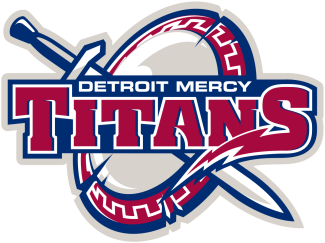
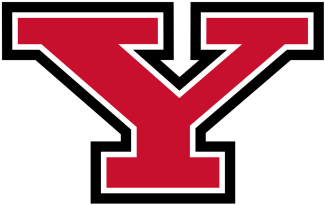
12:00 PM
Apr 19

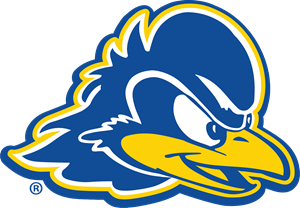
12:00 PM
Apr 19


12:00 PM
Apr 19


12:00 PM
Apr 19


12:00 PM
Apr 19

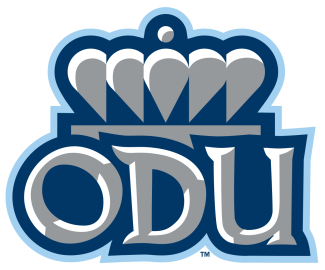
12:00 PM
Apr 19
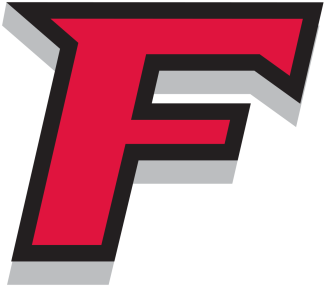

12:00 PM
Apr 19


12:00 PM
Apr 19


12:00 PM
Apr 19


12:00 PM
Apr 19


12:00 PM
Apr 19


12:00 PM
Apr 19


12:00 PM
Apr 19


12:00 PM
Apr 19


12:00 PM
Apr 19


12:00 PM
Apr 19


12:00 PM
Apr 19


12:00 PM
Apr 19


12:00 PM
Apr 19

